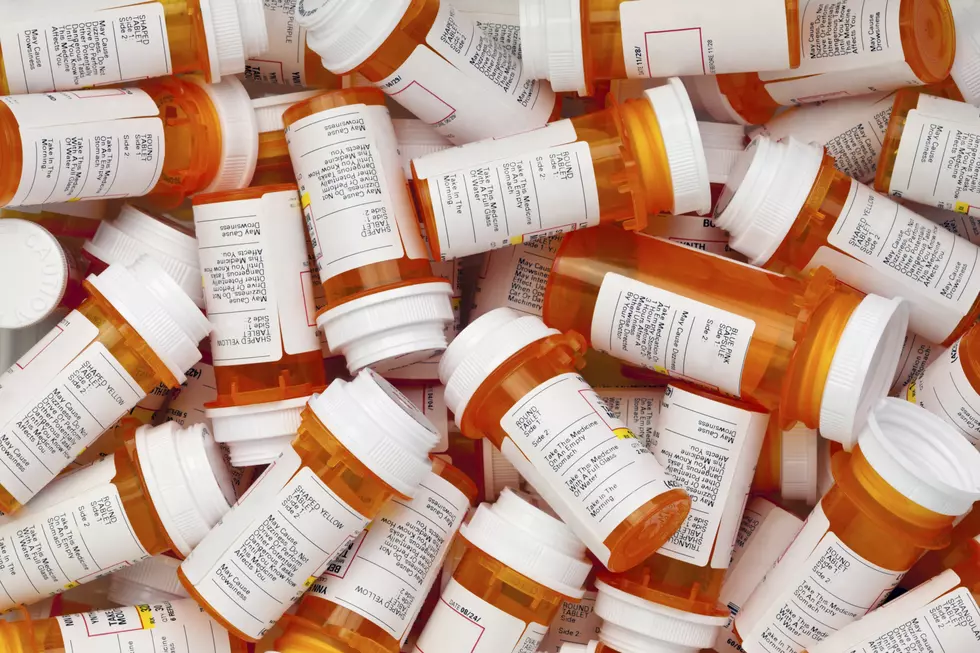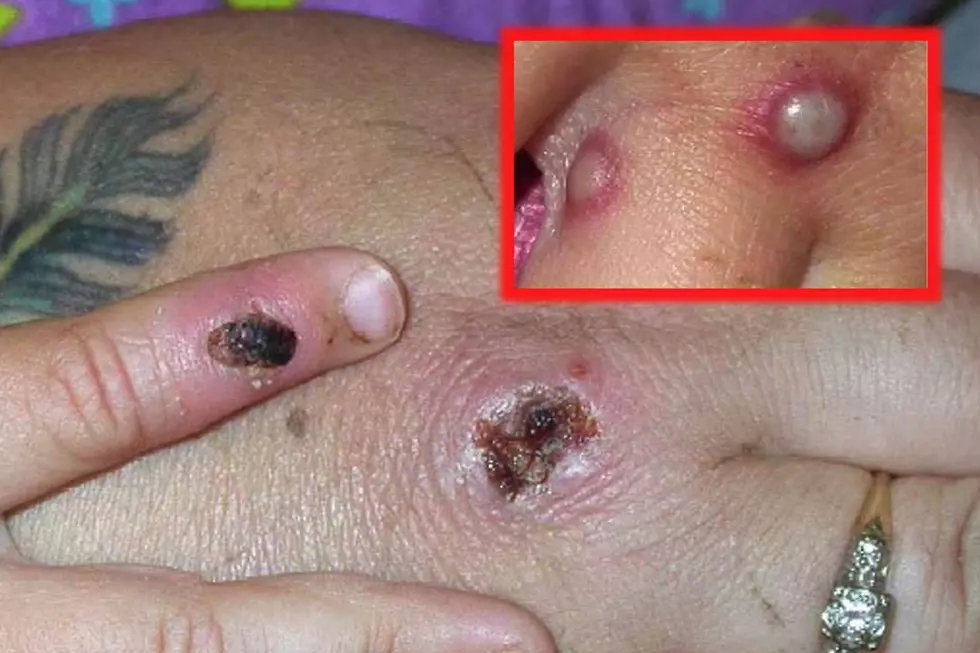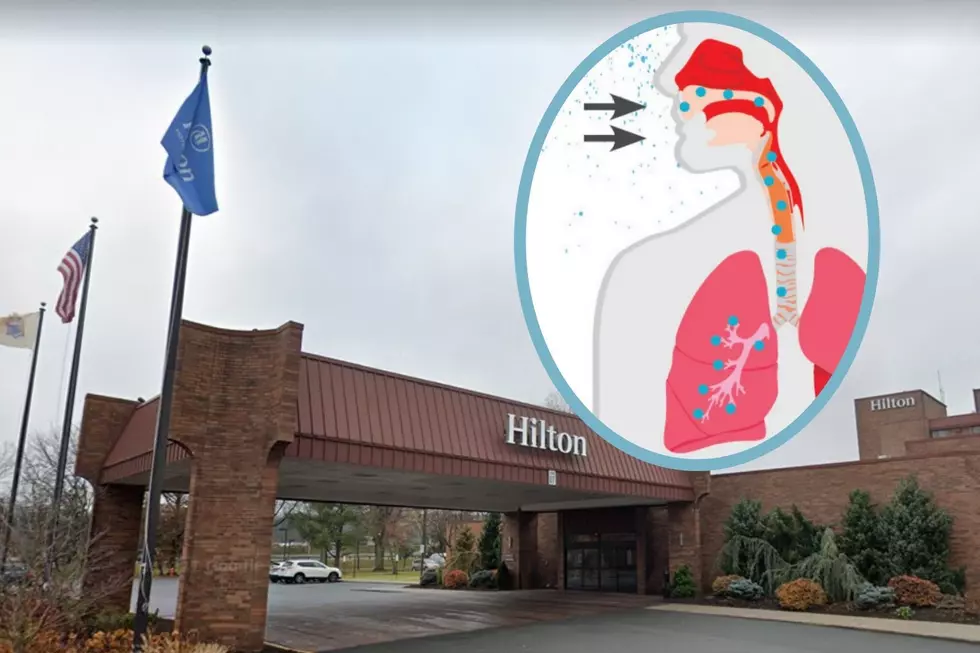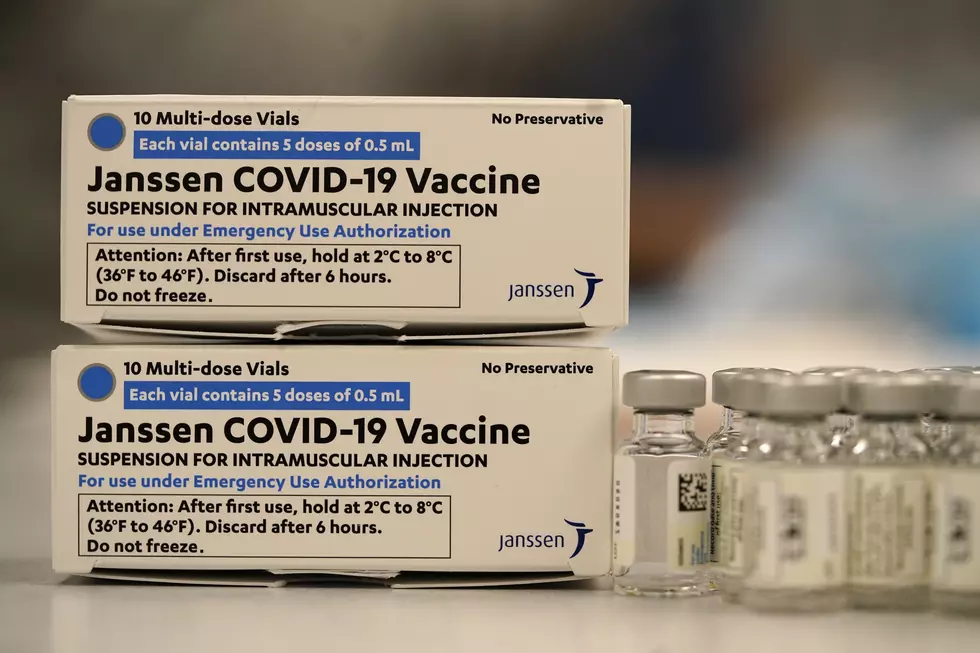
NJ launches effort to reduce opioid scripts in emergency departments
Another tool in New Jersey's ongoing battle with opioid addiction is officially in full swing, as hospitals and officials begin work to reduce opioid prescriptions in emergency departments by at least 12%.
The Opioid Reduction Options program, which will further educate and train staff at several hospitals throughout the Garden State, recognizes that different clinical protocols, such as alternative prescriptions, therapies or procedures, can be implemented to address one's pain, and achieve the same goal as a prescription for addictive opioids.
Nationwide, emergency departments prescribe opioids at a rate of roughly 17%, according to the state. Four in 5 new heroin users started their addiction to opioids by misusing prescription painkillers.
"Hospitals are critical partners in addressing substance use disorder," said state Department of Health Acting Commissioner Judy Persichilli. "By investing $1 million to advance the ORO program, we are ensuring more providers are training to address an addiction that may start with a visit to the emergency department."
DOH and the Department of Human Services have teamed up with the New Jersey Hospital Association and St. Joseph's Health to put a dent in opioid prescribing on the emergency room floor.
"As the third busiest emergency department in the country, we have witnessed first-hand the devastation and consequences of the public health crisis," said Kevin Slavin, president and CEO of St. Joseph's Health. "We are proud that our highly successful work to provide opioid alternatives will be expanded to hospitals throughout New Jersey through the ORO initiative, offering tangible solutions in the fight against opioid addiction."
In early 2016, St. Joseph's emergency department became the first in the country to launch an Alternative to Opiates program. Since its inception, there's been a 50% decrease in opioid use in the department.
Cathy Bennett, president and CEO of the New Jersey Hospital Association, said it's important to note the state initiative aims to reduce, not eliminate, opioid prescribing.
"What is recognized broadly throughout the clinical community is that in some circumstances, opioids are the right prescription to provide," Bennett said.
The association in 2018 announced a $1.5 million investment in an emergency department tracking tool that alerts personnel of a patient's history, such as past visits to an ER in search of an opioid prescription.
At more than 3,100, according to estimates, drug overdose deaths in New Jersey hit a calendar-year high in 2018.
More from WOBM News:
More From 92.7 WOBM










